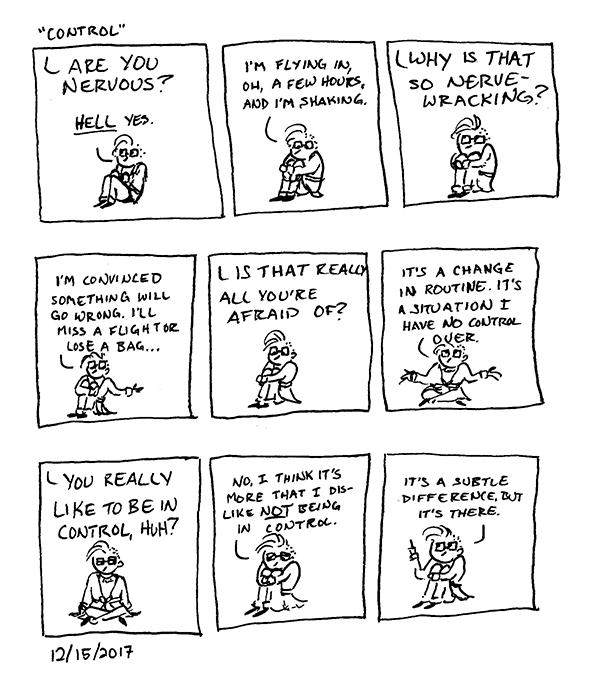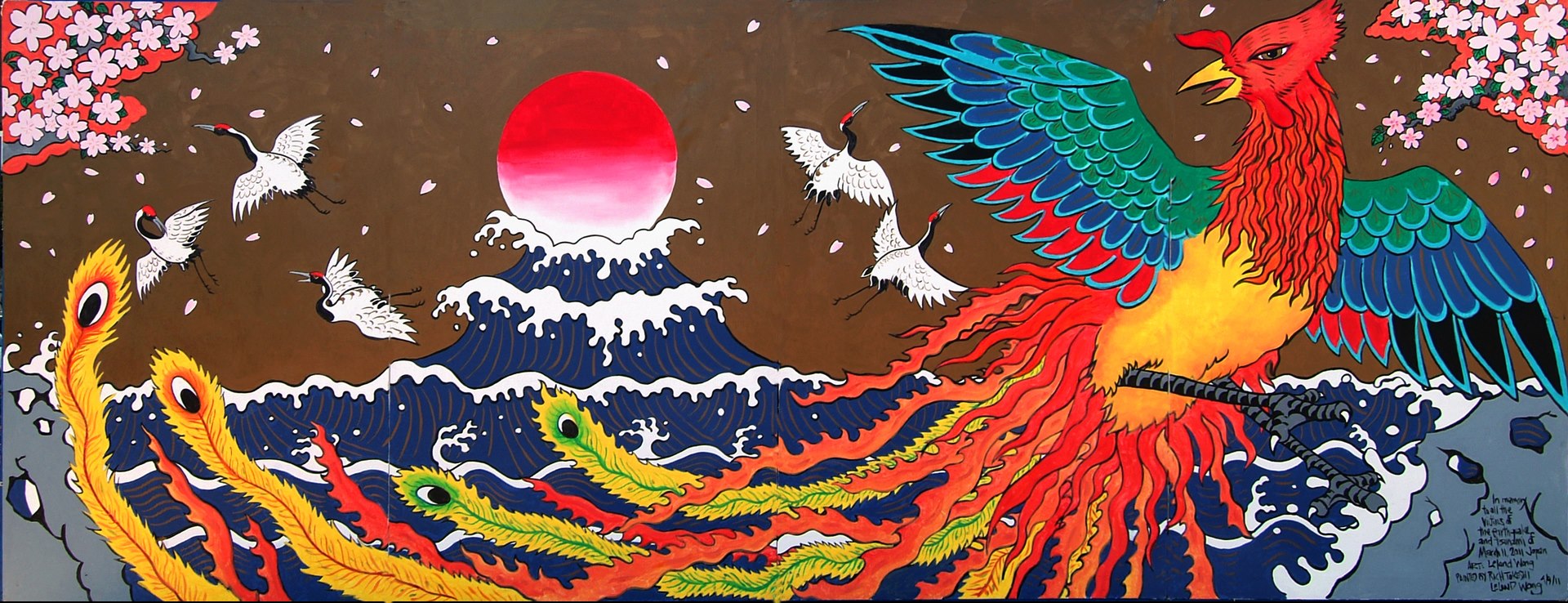Charles C. Dawson, Manjula Padmanabhan, Nikkolas Smith, Leland Wong
Charles C. Dawson: ABCs of Great Negroes
Charles C. Dawson worked as a commercial artist in Chicago during the 1920s and 30s. Enterprising, self-assured, and a tireless “Race Man,” Dawson made powerful contributions to the efforts of black artists to achieve recognition during the New Negroe Movement (AIGA). Mr. Dawson designed, produced, and self-published a children’s book titled, ABCs of Great Negroes. The book consists of 26 portraits of African American and African leaders with brief biographies on the facing pages.
The final page explains his inclusion of Ethiopian and Egyptian figures. The book showcases various educators, business, and community leaders of the thirties (Princeton University). Dawson played a role in both the cultural and economic rise of Blacks in the 1920s. Dawson executed advertising illustrations for major black entrepreneurs—and competitors—Anthony Overton and Jesse Binga, who owned banks, newspapers, and life insurance companies, and manufactured beauty products.
Dawson also provided drawings for the short-lived Chicago magazine Reflexus (reflects us), as well as ads for black film director Oscar Micheaux (AIGA). Dawson ultimately became a curator of the Museum of Negro Art and Culture and the George Washington Carver Museum in Tuskegee during the 1940s. Dawson put his efforts towards creating opportunities for himself and other African-Americans throughout the New Negro Movement. Charles C. Dawson paved the way for African-Americans to take their place in the illustrating, advertising, museum curating, and scholarly education industries. Pictured: Pages from ABCs of Great Negroes

Nikkolas Smith: Sunday Sketch - The Art of Nikkolas
Nikkolas Smith is an illustrator whose most recognized works focus on Artivism. Smith decided to make activist artwork a recurring part of his life after George Zimmerman was acquitted in 2013. Smith is a concept artist, children’s books author, film illustrator, and movie poster designer. Smith uses celebratory and mournful experiences of African-Americans in the past and present to create art that evokes empathy in others. Many of Smith’s viral sketches are published in his latest book Sunday Sketch: The Art of Nikkolas. One of Smith’s best-known pieces (also the cover of Sunday Sketch) is titled, “April 4th, 1968 -MLK50.”
The piece depicts Dr. Martin Luther King Jr. wearing a hoodie. “Lynched,” is one of Smith’s sketches that took inspiration from another activist artist, Dread Scott. Scott created a simple flag that read, “A Man Was Lynched by Police Yesterday” in response to Walter Scott being shot in the back by a policeman.
The flag took inspiration from an iconic flag that the NAACP flew from their national headquarters window in New York in the nineteen-twenties and thirties the day after someone was lynched. The flag read, “A Man Was Lynched Yesterday” and was part of their anti-lynching campaign. Nikkolas Smith’s reflection on the past and present creates captivating art that can spark important conversations around social justice in today’s world and inspire meaningful change. Sketches titled “April 4th, 1968 -MLK50” & “Lynched”

Manjula Padmanabhan: Double Talk “Suki
Manjula Padmanabhan is an artist, illustrator, cartoonist, playwright, and novelist. Padmanabhan has had a long-running cartoon strip, Doubletalk (also known as Suki). Doubletalk comic strips appeared weekly in the Sunday Observer (Bombay, 1982-86) and later daily in the Pioneer (New Delhi, 1991-97). Padmanabhan is known as India’s first woman cartoonist, and Suki is known as India’s first comic book by an Indian cartoonist (BangaloreMirror). Some of Bombay’s readers had negative feelings towards the cartoon and its messages and sent in close to sixty letters of complaint to the editor (The New York Theatre Wire).
Manjula Padmanabhan says, “I had to do something that was different from what was already there. I always wanted to have a comic strip where I would have my small world in print.” Suki retired in 1997 but has recently been revived. The strong-minded character, now with a more pronounced nose and bushier hair, appears in Suki Yaki, the comic strip in The Hindu Business Line. Since Suki’s first and challenged appearance in the eighties, the character has become more and more vocal about disheartening times.
New subjects covered by Padmanabhan’s illustrations include climate change, women’s rights, and intolerance, Suki has, even more, to say now. Amidst quarantine, Padmanabhan has been “learning new ways of reaching beyond the walls” of her “cozy personal space” as she believes it is important for artists and writers to engage with the larger world. Excerpts from “Doubletalk”

Leland Wong (Kearny Street Workshop): Silkscreened Posters 1963-…
Screenprinted poster art was an integral part of the Asian American Movement of the 70s. The posters drew inspiration from the cultures inherited by API’s respective motherlands and the experiences of their elders in the U. S. The movement’s work was majorly influenced by civil rights, Black liberation, women’s struggles, and Chicano/Latino artists groups. The posters reflected social perspectives, cultural democracy, and Third World, working-class solidarity.
Leland Wong’s 1971 poster, inspired by the language and rhetoric of the Black Panthers, shows a group of Chinese people gathered around the bodies of pigs in police uniforms. Activist and Illustrator, Leland Wong, was a driven printmaker and photographer. Wong first began designing posters and handbills for street fairs and local Chinese community events. Ultimately, during the 1970s, Wong became involved with Kearny Street Workshop, a Chinatown/ Manilatown community art group, where he produced posters and conducted workshops in screen printing and photography.
Wong designed his first Nihonmachi Street Fair poster at Kearny Street in 1974, inaugurating a highly popular series that continues today, while simultaneously working on projects with various community service organizations. Poster promoting Kearny St. Workshop & the 1971 Poster “Year of the People”
